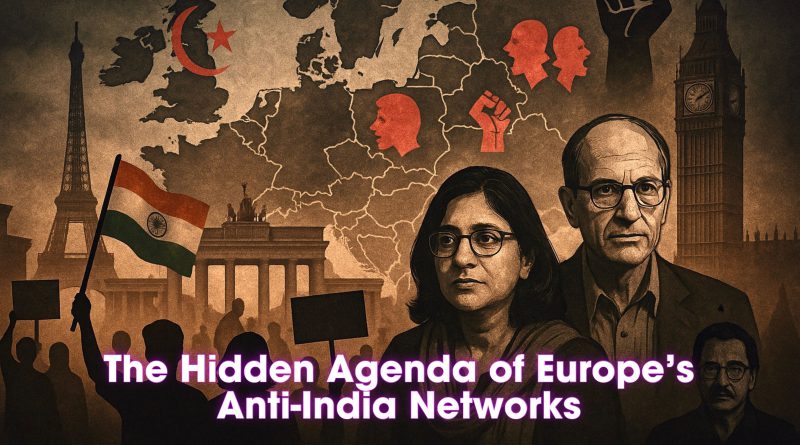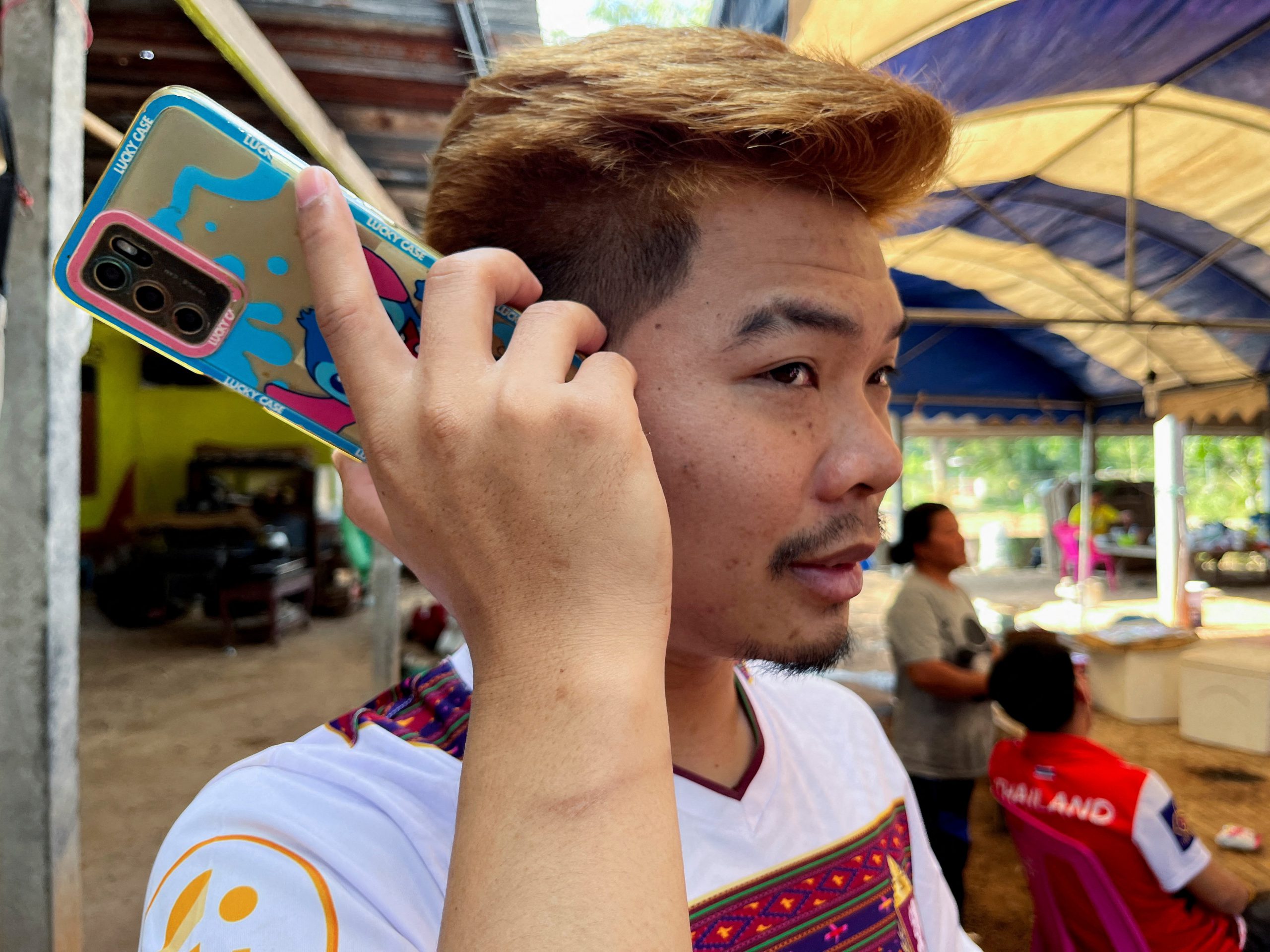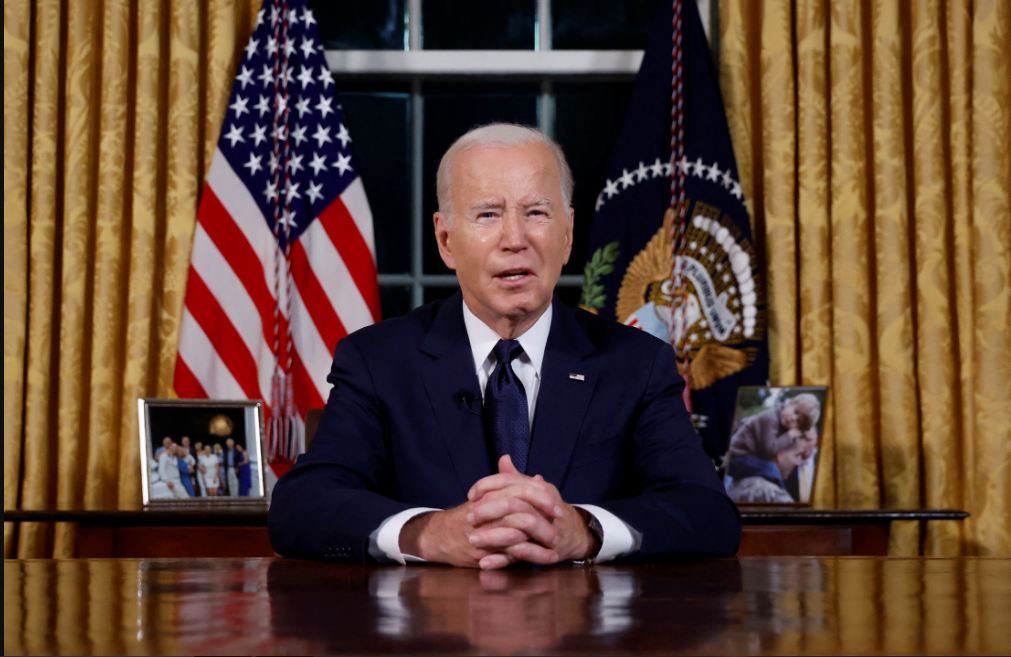Exposé: The Hidden Agenda of Europe’s Anti-India Networks
New Delhi — A network of Europe-based organizations, allegedly linked to Pakistan and U.S.-based Jamaat fronts, has reignited efforts to undermine India’s global image. According to @OSINTWa_com – Open Source Intelligence Analysis, these groups, acting as a fifth column in Europe, are now targeting India’s Adivasi community, particularly in the Bastar region, to portray India as an oppressive state.
Leading this campaign is the Netherlands-based Foundation The London Story (FTLS), alongside partner organizations, with the apparent goal of influencing European Union policymakers against India.
FTLS, exposed as a project of the U.S.-based Indian American Muslim Council (IAMC) and Hindus for Human Rights (HfHR)—both criticized for their anti-India and Pakistan-linked agendas—has a track record of promoting narratives hostile to India.
In 2023, FTLS partnered with the Pakistan-sponsored Stand With Kashmir to push for a boycott of the G20 summit in Kashmir, India. The organization has also worked to depict journalism in India as perilous. In 2022, FTLS hosted Washington Post journalist Rana Ayyub to speak on alleged attacks on Indian journalists, aiming to shape EU policymakers’ perceptions of India’s media environment.
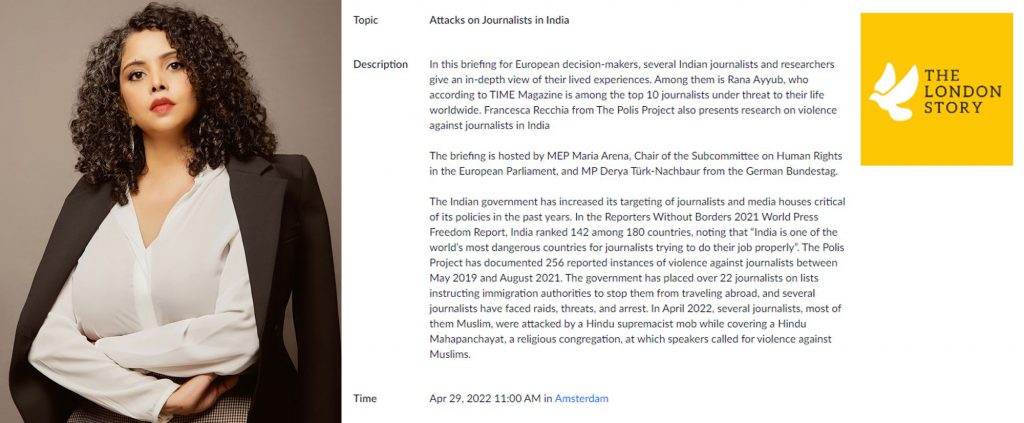
The latest initiative, a briefing on the Adivasi community in Bastar, is co-organized by FTLS, the London Mining Network, India Justice Project, and Indian Alliance Paris. The event features speakers such as Bela Bhatia, a professor at the Tata Institute of Social Sciences in Bastar, Professor G. Haragopal, Binota Moy Dhamai, and Ana Celestial from the Philippines. This briefing appears strategically designed to highlight alleged human rights abuses in India, aligning with the broader objective of isolating India on the global stage.
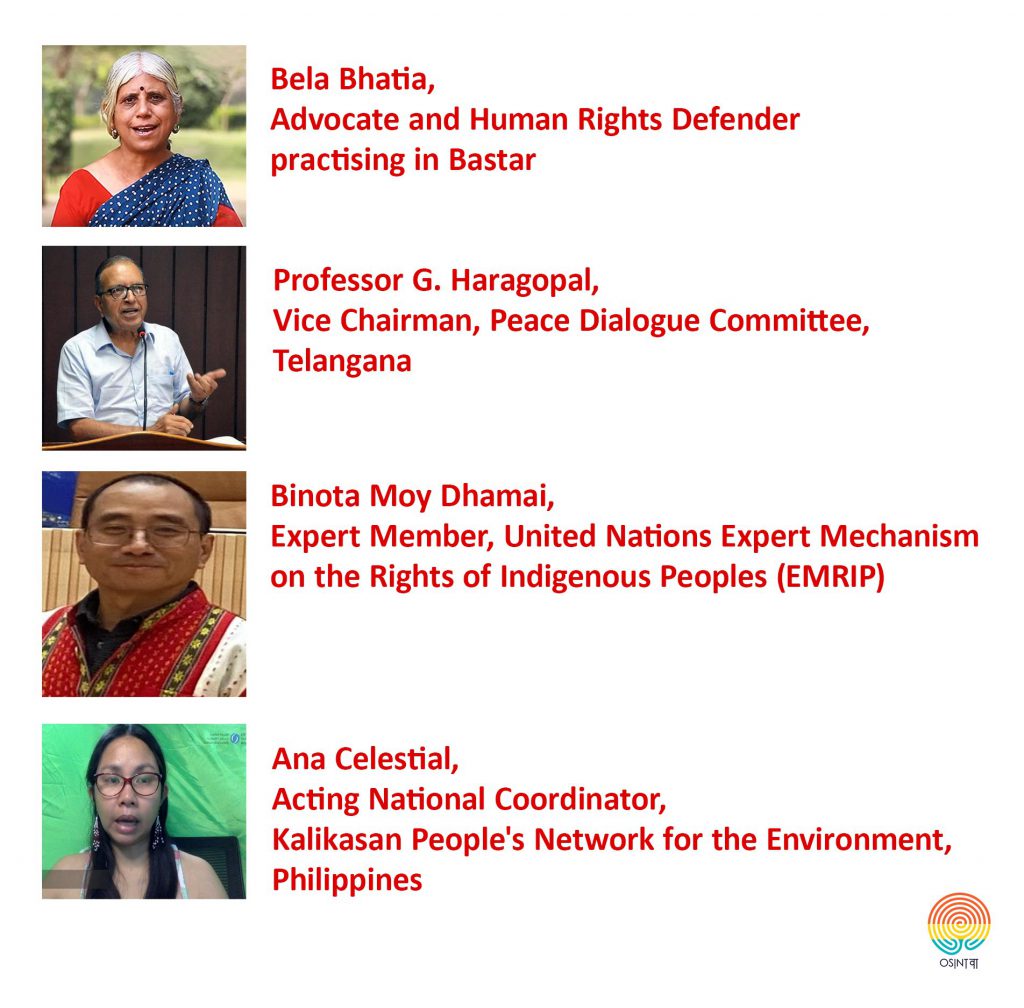
Bela Bhatia, a prominent speaker, has been mired in controversy. In 2016, locals in Chhattisgarh branded her a “Naxalite” and protested her presence, accusing her of fabricating cases against security forces.
In May 2017, Podiyam Pandu, a surrendered Maoist cadre, claimed that Bhatia and Nandini Sundar, wife of journalist Siddharth Varadarajan, were in contact with Maoist insurgents. Sundar faced charges in November 2016 for the murder of a tribal person in Sukma district, alongside allegations of rioting and inciting violence, further fueling scrutiny of Bhatia’s affiliations.
Bhatia is married to Jean Drèze, a Belgian-born economist who became an Indian citizen in 2002. Drèze, a vocal critic of Indian policies, has been accused of promoting anti-state narratives, including opposition to the 2019 abrogation of Article 370 in Kashmir. He co-founded the Centre for Equity Studies (CES) with Harsh Mander, a former IAS officer whose career is fraught with controversy.
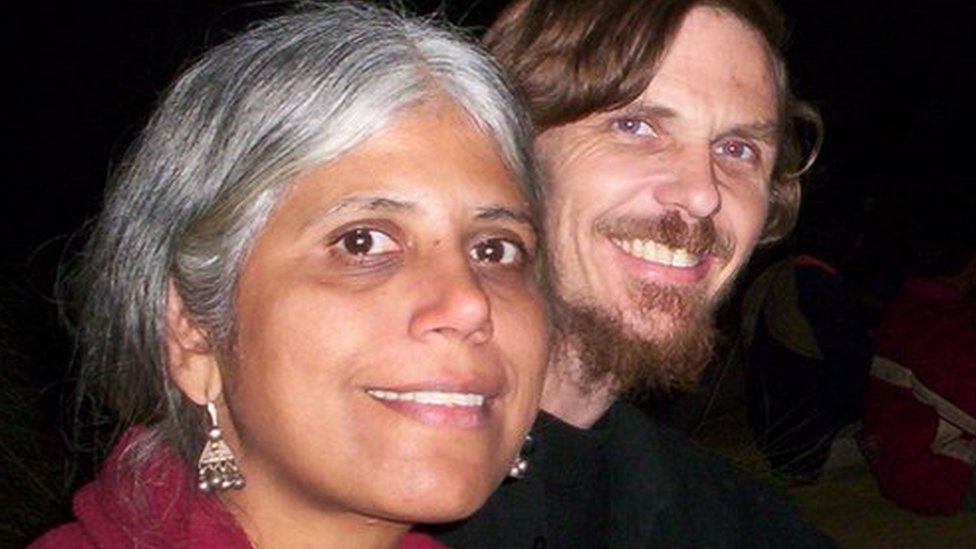
CES has faced allegations of violating the Foreign Contribution (Regulation) Act (FCRA), leading to its license suspension in 2023. In 2024, the Central Bureau of Investigation (CBI) raided Mander’s home and CES offices, alleging the diversion of Rs 32.71 lakh from its FCRA account to individuals, in violation of regulations. CES has received funding from organizations like Oxfam and Action Aid, raising concerns about its financial dealings.
Mander’s NGOs, including CES, have also been linked to disturbing allegations of child abuse. The National Commission for Protection of Child Rights filed complaints against CES-run children’s homes, prompting Delhi Police cases under the Juvenile Justice Act. These controversies have cast doubt on the credibility of Mander and his associated organizations.
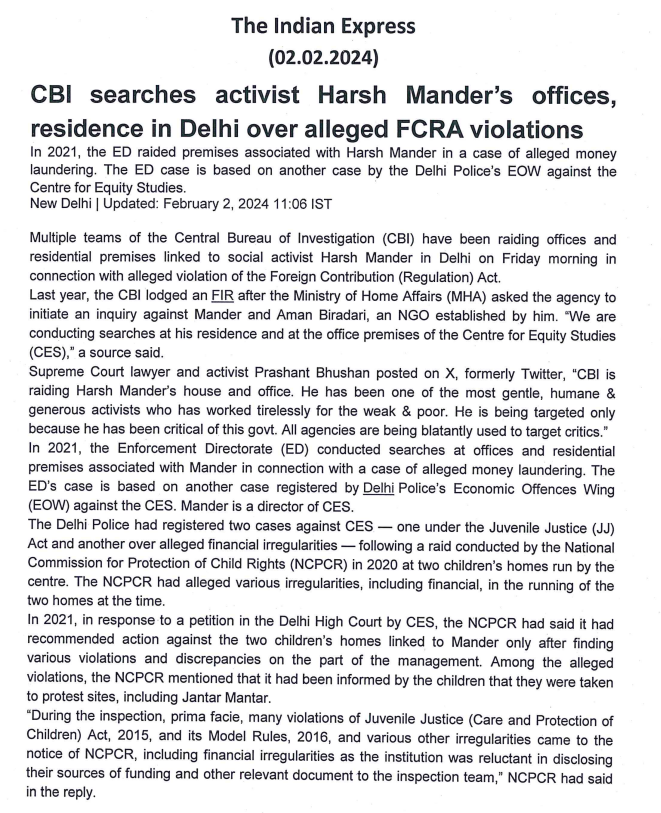
According to @OSINTWa_com, FTLS and its partners, in coordination with U.S.-based Jamaat fronts like IAMC, form a transatlantic network aimed at undermining India by infiltrating human rights spaces in Europe. By amplifying crises like the situation in Bastar, these groups seek to pressure international bodies such as the United Nations and advance their propaganda. Critics argue that this network operates as a fifth column, leveraging Western platforms to influence policies against India while concealing their alleged ties to Pakistan.
As these organizations intensify their campaigns, India faces the challenge of countering these narratives globally. The Bastar briefing is part of a broader strategy to depict India as an oppressive state, with the ultimate aim of diplomatic isolation. The activities of FTLS and its allies remain under scrutiny, as their influence in Europe raises concerns about foreign interference in India’s sovereignty.
